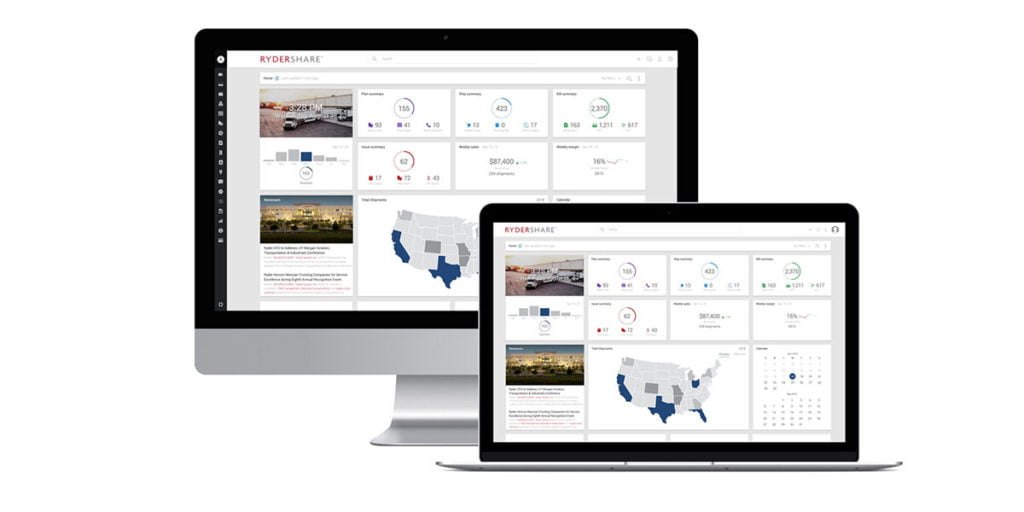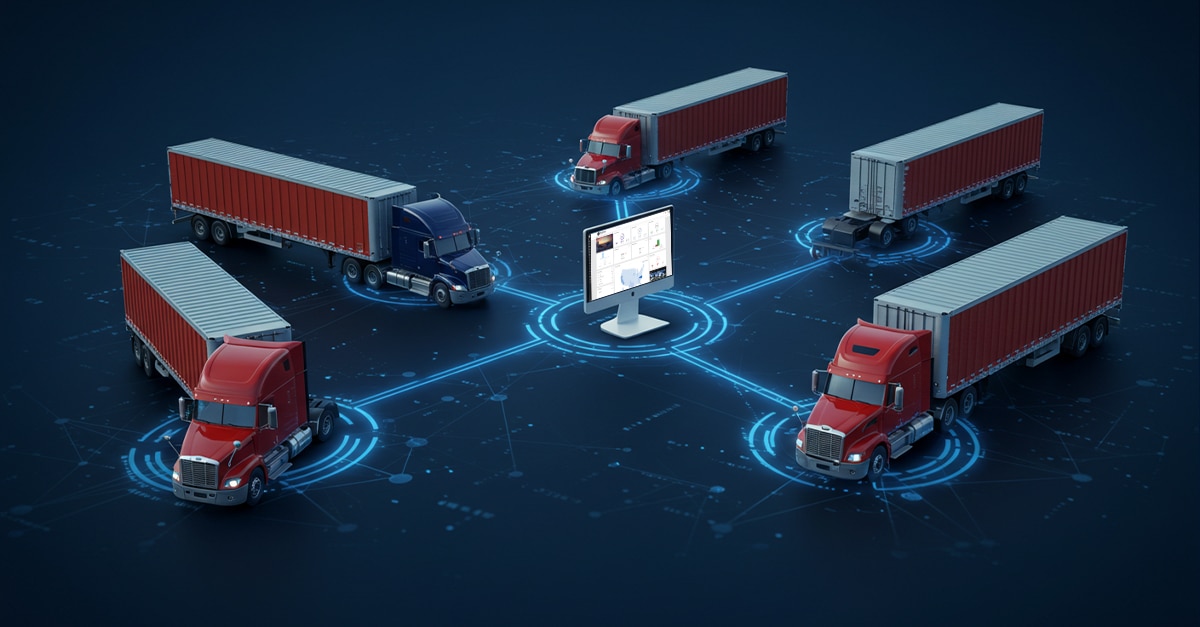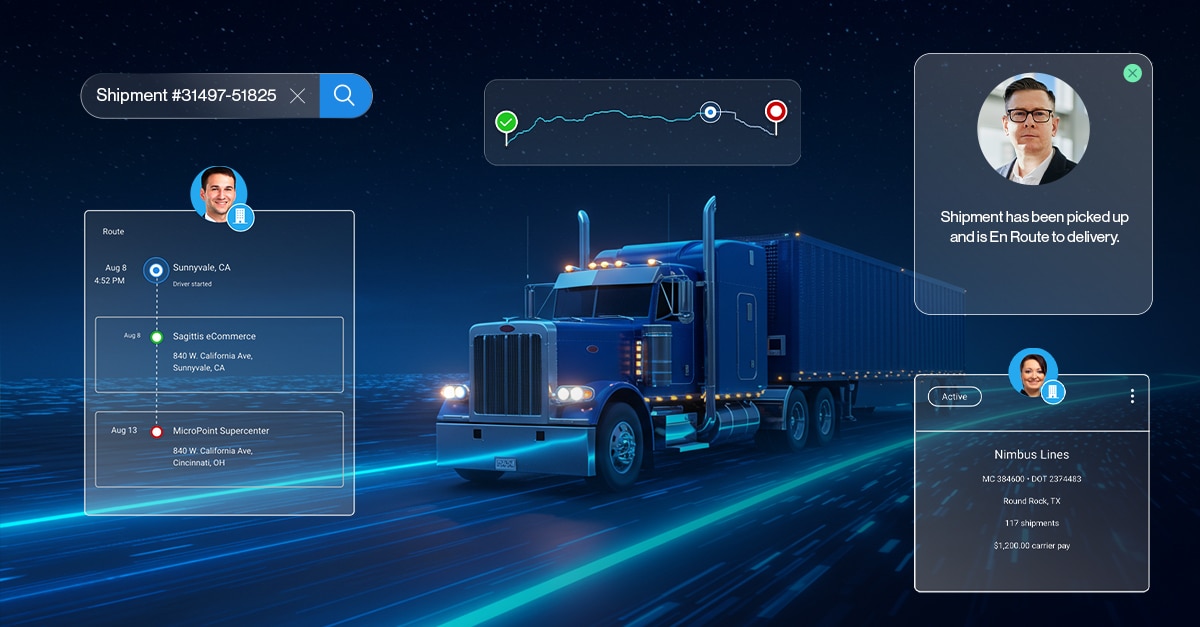Transportation management systems (TMS) have transformed from a desirable perk to a critical necessity for continued growth and success within the supply chain management networks. When considering onboarding a new TMS platform, managers need to carefully consider the primary functions of transportation management systems in logistics that they will want and need to implement.
The Top Functions of a Transportation Management System in Logistics Include Route Optimization
One of the biggest benefits shippers can gain from integrating an advanced TMS platform into their system is an increase in optimization and route organization. According to Logistics Management, larger companies are finally making the first move toward embracing TMS. Those who got on board ten years ago are looking for the latest updates and innovations to press their advantage. Many of these companies consider the functions of transportation management systems in logistics and discover the benefits for themselves.
It’s a Tool for Optimizing Loads and Capacity Planning
There has been a definitive increase in the number of shippers working to harness these new TMS functions and capabilities. With initial onboarding, these management systems can help optimize planning and capacity management and improve load planning, tracking, and organization. This trend is helping drive TMS functionality as it promotes carriers and shippers to include these capabilities into their optimization and planning solutions.
It Analyzes Data Across the Full Network to Enable Financial Planning and Strategy
Combining the functions of transportation management systems in logistics with advancements in AI and machine-based services enables better financial planning and strategizing within the supply chain. It can also enhance forecasting in terms of inventory, transportation, and production plans. As a result, faster fulfillment and greater transparency are achieved thanks to better data analysis. Machine learning and data analysis are also applied to resourcefully utilize all available assets, resulting in more significant profit margins across the board.
It Enables Collaboration and Communication With Trading Partners
The TMS platform is often seen as something of a missing link for supply chain management. Warehouses and fleet managers often have their management systems but lack the collective power and integration often needed for optimal operations. This makes it critical for a TMS to integrate and evolve alongside other management systems. Doing so helps the company capitalize on the functions of transportation management systems in logistics and maximize their impact on the network.
It Tracks Shipments From Cradle to Grave
Traditional management and tracking systems have worked on a batch-by-batch approach, running evaluations and analysis at set times throughout the day or week to generate updates. This approach is no longer sustainable in a market that requires real-time updates, on-demand notifications, and tracking updates. The primary function of transportation management systems in logistics remains its ability to track shipments at all times. This cradle to grave approach enables more excellent tracking and monitoring throughout the digital supply chain.
It Builds Transparency Into All Activities
Addressing the many transportation-centric problems that face the industry today requires a keen understanding of transportation management systems in logistics. The key to this kind of management diversification is transparency. An updated, enterprise TMS platform can allow for faster and more accurate communications throughout the supply chain, improving transparency along all stages and steps of the transportation process.
The Right System Serves Multiple Purposes Depending on User Type
Standard functions of transportation management systems in logistics include order management, fleet scheduling, enterprise resource planning, inventory tracking, and warehouse management. When correctly set up, onboarded, and utilized, any TMS will make it easier to communicate and exchange information with all other logistics systems. All management systems have to work in tandem, so a delay in one method does not create massive delays and bottlenecks.
Expect the Best With Collaborative Logistics From Turvo
Transportation management systems have forever revolutionized the modern supply chain network and changed how shippers, carriers, managers, and customers connect and interact. When considering the idea of onboarding a new TMS platform, managers have many choices that must be carefully considered. Contact Turvo to learn more and capitalize on the functions of transportation management systems in logistics today.








